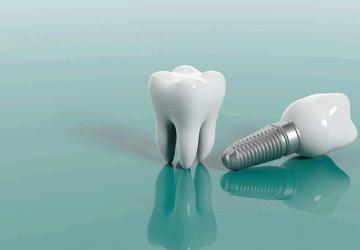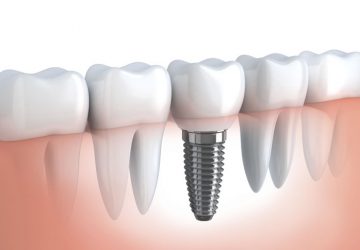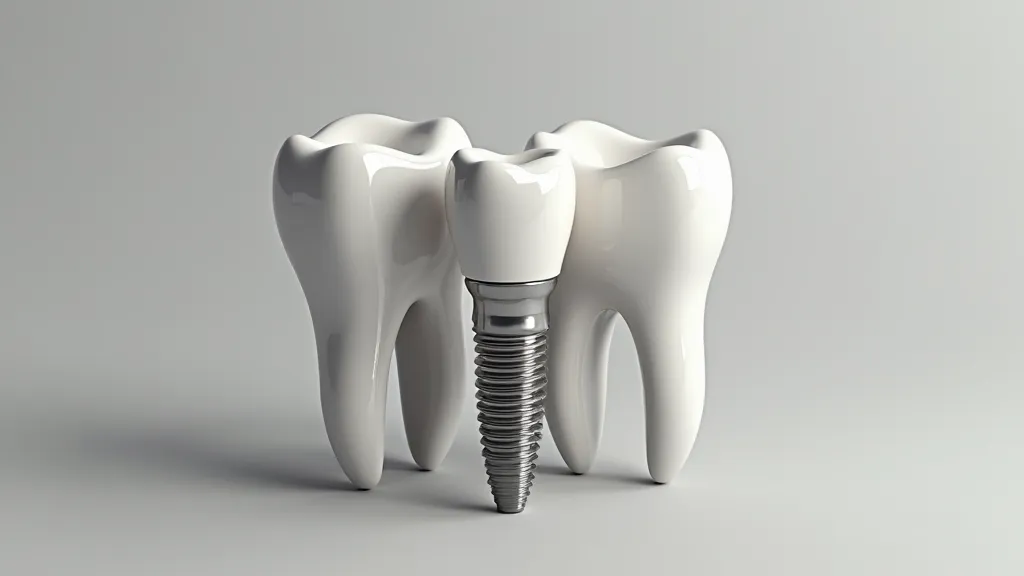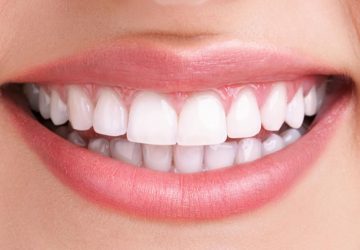Unlock a New Smile: The Ultimate Guide for Seniors on the Advantages and Essentials of Dental Implants for Missing Teeth
Within the field of contemporary dental practices, the use of dental implants has emerged as a primary choice for individuals dealing with the absence of teeth. These implements serve not just as a durable remedy but also enhance the visual aspect of one's smile, surpassing the functionality of older alternatives such as dentures or fixed bridges. The intent of this composition is to delve into the varied benefits that dental implants present and to outline the necessary considerations that should be assessed prior to undergoing this dental intervention.

Comprehending the Functionality of Dental ImplantsAt its core, a dental implant acts as a substitute for a natural tooth root and is predominantly composed of titanium, a material known for its strength and compatibility with human biology. The installation of an implant involves a surgical procedure whereby the implant is anchored directly into the jawbone. It then undergoes a period of integration, called osseointegration, melding securely with the jawbone to provide a sturdy foundation for a prosthetic tooth or series of teeth. This integration ensures that the implant remains firmly in place, in stark contrast to the movement or noise associated with dentures or the possible bone impairment linked to traditional bridges. A crown, once fitted onto the implant, is virtually indistinguishable from a natural tooth, adding significantly to the implant's popularity.
Enumerating the Advantages of Opting for Dental ImplantsThe virtues of dental implants are numerous. Forevery among these is the stability they provide, which closely mirrors that of natural teeth. This enhanced stability leads to improved comfort and efficiency in chewing, permitting a wider dietary range and better overall nutrition. Aesthetically, implants blend seamlessly with existing teeth, offering a natural look that bolsters self-esteem and oral health. Additionally, implants obviate the need for adjacent teeth to be modified, a common requirement for bridgework. This conservation of tooth structure contributes positively to good dental health. Implants also boast a noteworthy durability, often lasting a lifetime with proper care, representing a cost-effective solution over time.
Critical Considerations Prior to Dental ImplantationBefore proceeding with implantation, several factors warrant careful contemplation. Dental implants necessitate a surgical procedure, which inherently carries certain risks, such as infection or complications from anesthesia. The success of implants is contingent upon sufficient bone density for support, meaning some patients may require bone grafting procedures, which can extend overall treatment time and cost. Implant procedures can be financially demanding and are not always covered by insurance plans, making the cost a significant factor for many. It is of paramount importance to confer with a dental specialist to thoroughly comprehend every facet of the procedure, encompassing the advantages, potential risks, and the financial commitment involved.
To encapsulate, dental implants serve as a robust, enduring, and aesthetically fitting solution for individuals in need of tooth replacement. Nevertheless, one should engage in comprehensive dialogue with their dental care provider to gain a complete understanding of the procedure, from its benefits to the inherent risks and costs. When tended to with diligent care and maintenance, dental implants stand as a lasting answer to tooth loss and a conduit to enhanced self-assurance and overall health.
-
1

Revolutionizing Smiles: The Breakthrough Innovations in Dental Implants Changing Oral Health Care Forever
-
2

Unveiling the Top Dental Implant Options for Seniors: Transform Your Smile with the Ultimate Guide to Restored Radiance
-
3

Understanding Dental Implants Costs and Financing
-
4

Discover the Key to a Dazzling Smile: Your Ultimate Handbook for Selecting the Ideal Tooth Replacement Option
-
5

Affordable Dental Implants Solutions Near You







